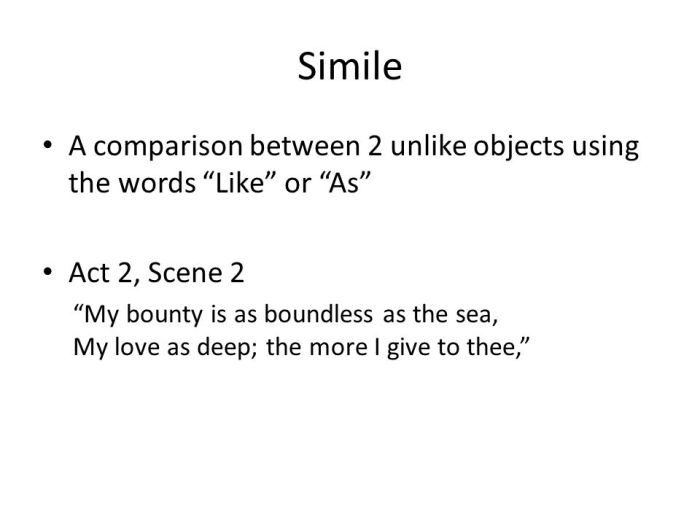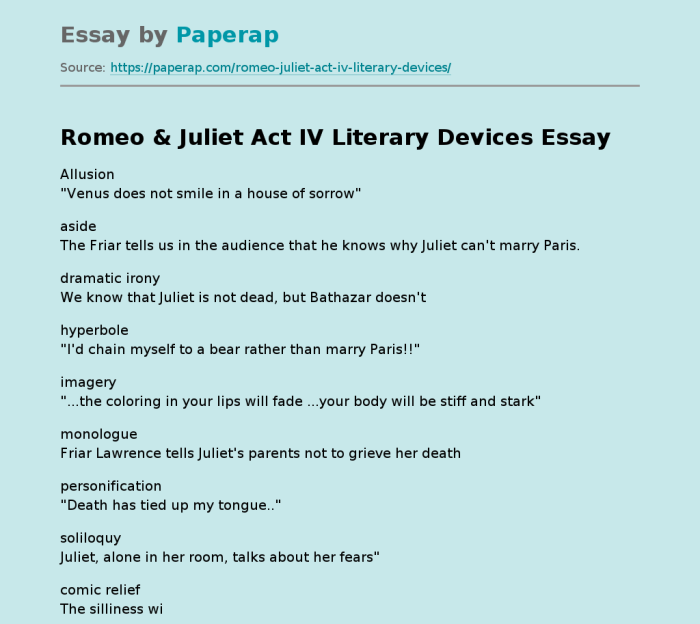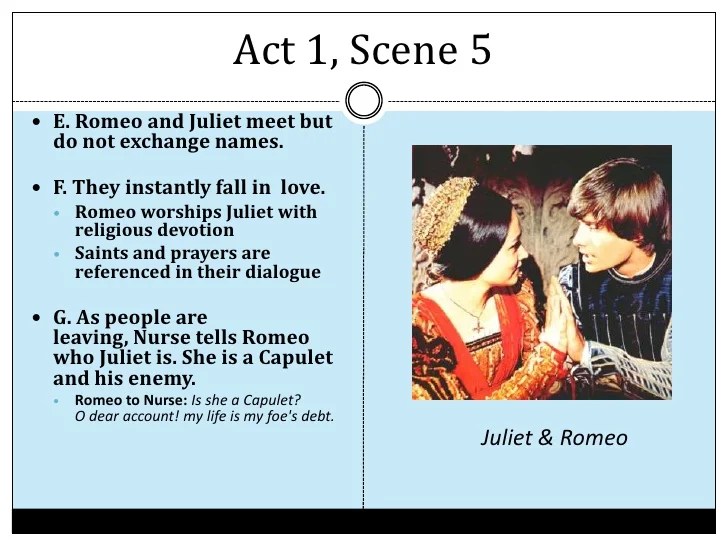Simile in romeo and juliet act 2 – Delving into the captivating realm of William Shakespeare’s Romeo and Juliet, Act 2 emerges as a literary masterpiece adorned with a rich tapestry of similes. These vivid comparisons play a pivotal role in enhancing the play’s imagery, expressing the intensity of love and conflict, and contributing to its dramatic impact.
Through the skillful use of similes, Shakespeare paints a vibrant canvas of sensory experiences, evoking emotions that resonate deeply with the audience. These literary devices illuminate the characters’ inner turmoil, foreshadow events, and create a heightened sense of suspense, propelling the play towards its tragic climax.
Similes in Romeo and Juliet Act 2

Similes play a significant role in Act 2 of Romeo and Juliet, contributing to the vivid imagery, emotional depth, and dramatic tension of the play. These literary devices allow Shakespeare to create powerful comparisons that enhance the characters, themes, and overall impact of the act.
Literary Techniques in Act 2, Simile in romeo and juliet act 2
In Act 2, Shakespeare employs a variety of literary techniques, including similes, metaphors, and personification. Similes, in particular, are used extensively to create vivid comparisons that bring the characters and their experiences to life.
Examples of similes in Act 2 include:
- “My mistress’ eyes are nothing like the sun”
- “Juliet is as chaste as snow”
- “Love is as gentle as a summer breeze”
These similes help to convey the intensity of Romeo’s love for Juliet, her purity and innocence, and the tender nature of their relationship.
Furthermore, similes contribute to the development of characters and themes. For instance, the simile comparing Juliet to snow highlights her virtue and purity, while the simile comparing love to a summer breeze suggests its gentle and nurturing qualities.
Similes and Imagery
The use of similes in Act 2 enhances the visual imagery and sensory experiences in the play. By creating vivid comparisons, Shakespeare allows readers to visualize the characters and their surroundings more clearly.
The following table compares the use of similes and other literary devices in Act 2:
| Literary Device | Example | Effect |
|---|---|---|
| Simile | “My mistress’ eyes are nothing like the sun” | Creates a vivid comparison between Juliet’s eyes and the sun, emphasizing their beauty and radiance |
| Metaphor | “Love is a smoke raised with the fume of sighs” | Compares love to smoke, suggesting its fleeting and intangible nature |
| Personification | “The moon peeps through the clouds” | Gives human qualities to the moon, creating a sense of wonder and mystery |
The similes in Act 2 not only enhance the visual imagery but also evoke specific emotions or create vivid mental pictures. For example, the simile comparing love to a summer breeze creates a sense of warmth and comfort, while the simile comparing Juliet to snow evokes feelings of purity and innocence.
Love and Conflict
Similes are used extensively in Act 2 to express the intensity and complexity of love between Romeo and Juliet. These comparisons highlight the passion, longing, and obstacles faced by the young lovers.
Examples of similes used to convey the intensity of love include:
- “My lips, two blushing pilgrims, ready stand to smooth that rough touch with a tender kiss”
- “Love is as gentle as a summer breeze”
On the other hand, similes are also used to convey the obstacles faced by Romeo and Juliet, such as:
- “Their love is like a rose, blooming in the midst of thorns”
- “Love is as cruel as a tiger”
These similes highlight the challenges and dangers that Romeo and Juliet face in their pursuit of love.
Dramatic Effect
Similes contribute significantly to the dramatic tension and suspense in Act 2. They foreshadow events, create a sense of urgency, and enhance the overall impact and emotional resonance of the play.
For example, the simile comparing Romeo to a “bright angel” foreshadows his arrival at the Capulet’s party and the impact he will have on Juliet. Similarly, the simile comparing Juliet to “a rich jewel in an Ethiope’s ear” creates a sense of urgency, as it suggests that Juliet’s beauty is in danger of being overshadowed by the darkness of the Capulet-Montague feud.
Overall, the use of similes in Act 2 of Romeo and Juliet enriches the play’s imagery, develops characters and themes, and enhances the dramatic effect, contributing to its enduring popularity and significance.
FAQ Guide: Simile In Romeo And Juliet Act 2
What is the significance of similes in Romeo and Juliet Act 2?
Similes play a crucial role in enhancing the play’s imagery, expressing the intensity of love and conflict, and contributing to its dramatic impact.
How do similes contribute to the development of characters and themes in Act 2?
Similes illuminate the characters’ inner turmoil, highlight the passion and longing they experience, and convey the obstacles they face.
What is the effect of similes on the dramatic tension and suspense in Act 2?
Similes foreshadow events, create a sense of urgency, and enhance the overall emotional resonance of the play.

